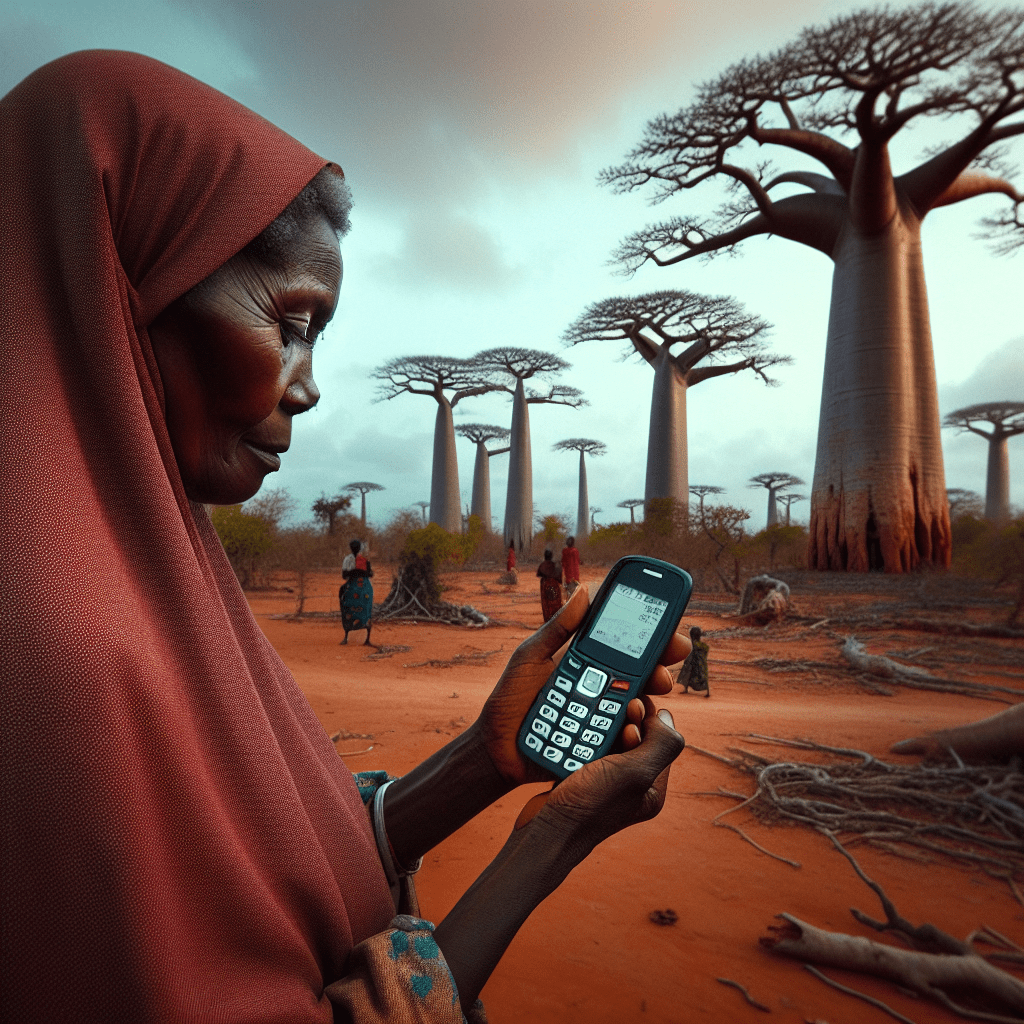Table of Contents
In the heart of Africa’s most populous nation, a quiet revolution is unfolding. As Nigeria grapples with economic challenges and infrastructural gaps, artificial intelligence (AI) is emerging as a potential game-changer. Yet, the adoption of AI technologies is far from uniform, with stark differences between the tech-savvy elite and the financially constrained majority.

The Promise of AI in Nigeria
Nigeria, with its vibrant entrepreneurial spirit and burgeoning tech scene, has long been touted as a prime destination for AI innovation in Africa. The country’s thriving startup ecosystem, coupled with a young and digitally literate population, has attracted significant investment from global tech giants and venture capitalists alike.
AI-powered solutions are being developed across various sectors, from fintech and e-commerce to healthcare and agriculture. These innovations promise to tackle some of Nigeria’s most pressing challenges, such as financial inclusion, access to quality healthcare, and food security.
The Income Divide
However, the reality on the ground paints a more nuanced picture. Nigeria’s stark income inequality means that access to AI technologies is largely confined to a privileged few. According to a recent report by the World Bank, nearly 40% of Nigerians live below the poverty line, surviving on less than $1.90 a day.
For this vast segment of the population, the cost of smartphones, data plans, and digital services remains prohibitively high. As a result, many Nigerians are effectively locked out of the AI revolution, unable to reap the benefits of these transformative technologies.

Education and Digital Literacy
The income divide is further compounded by disparities in education and digital literacy. While Nigeria boasts a growing number of tech-savvy professionals, particularly in urban centers like Lagos and Abuja, a significant portion of the population lacks the skills and knowledge needed to effectively navigate the digital landscape.
This digital literacy gap is particularly acute in rural areas, where access to quality education and internet connectivity remains limited. Without a solid foundation in digital skills, many Nigerians struggle to engage with AI technologies, even when they are available and affordable.
Attitudes Towards AI
The interplay between income, education, and digital literacy also shapes attitudes towards AI in Nigeria. Among the country’s tech-savvy elite, there is a palpable excitement about the potential of AI to drive economic growth and social progress. These early adopters eagerly embrace new technologies and are often at the forefront of AI innovation in Nigeria.
However, for many ordinary Nigerians, AI remains an abstract concept, shrouded in mystery and often viewed with skepticism. Concerns about job displacement, data privacy, and the potential for AI to exacerbate existing inequalities are widespread, particularly among those who feel left behind by the digital revolution.

Bridging the Divide
Addressing the AI accessibility divide in Nigeria will require a concerted effort from policymakers, tech companies, and civil society organizations. Initiatives aimed at expanding access to affordable internet connectivity, improving digital literacy, and fostering inclusive innovation are critical to ensuring that the benefits of AI are shared more broadly across Nigerian society.
Some promising steps are already being taken in this direction. For example, the Nigerian government’s National Broadband Plan aims to provide affordable internet access to 90% of the population by 2025. Meanwhile, tech companies and NGOs are working to provide digital skills training and support for entrepreneurs in underserved communities.
The Way Forward
As Nigeria continues its journey towards AI adoption, it is crucial to recognize that technology alone cannot solve the country’s deep-seated socio-economic challenges. Addressing issues of poverty, inequality, and access to education will be essential to creating an enabling environment for inclusive AI innovation.
At the same time, it is important to engage with the concerns and aspirations of ordinary Nigerians, ensuring that AI development is guided by local needs and priorities. By fostering a more inclusive and participatory approach to AI innovation, Nigeria can harness the power of these technologies to build a more equitable and prosperous future for all its citizens.
As Ngozi Okonjo-Iweala, Director-General of the World Trade Organization and former Nigerian Finance Minister, aptly put it: “Inclusive growth is not just a moral imperative; it is an economic necessity. By harnessing the power of technology and innovation, we can create a future where no one is left behind.”